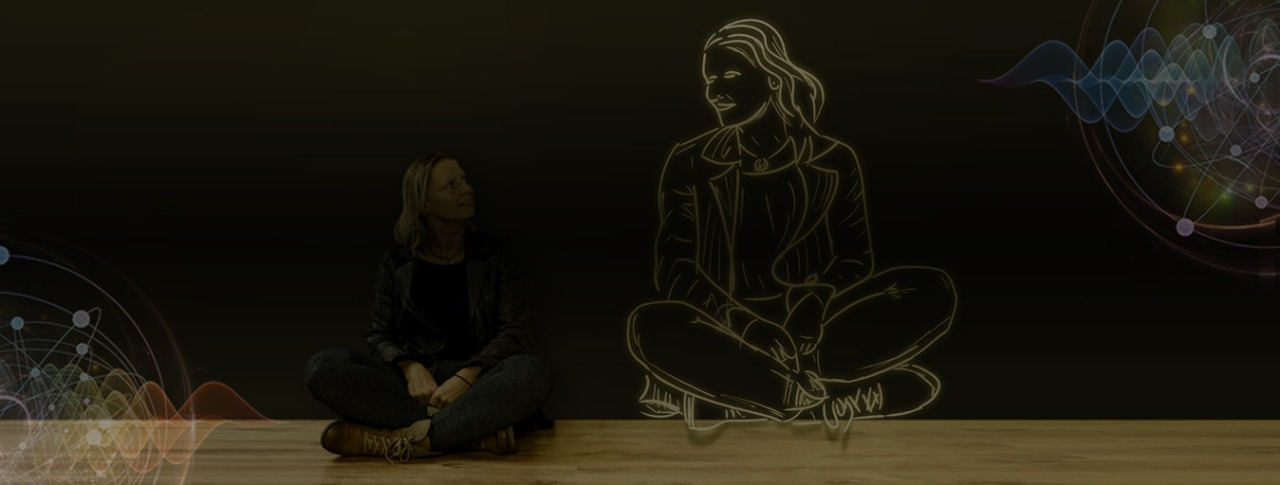Developing self-awareness through reflective practice: The Henley Model
Author: Team xMonks | Published on: Fri, 20 Aug 2021 10:46:57 +0000

To be candid, the majority of us operate on "autopilot," with little awareness of why we succeed or fail, or why we behave the way we do. Our minds are so preoccupied with daily chatter that we rarely reflect on ourselves unless something goes horribly wrong.
In difficult situations, our natural reaction is to become defensive, make excuses, or point the finger at another person, because we don't want to acknowledge our own role in the disaster. If we can observe ourselves during such occurrences, we will have made a good first step toward self-awareness.
Self-awareness is a strong predictor of life success, possibly because a self-aware individual understands when an opportunity is a good fit for them and how to make an appropriate venture work well.
Bear in mind, however, that conducting an honest, non-judgmental self-analysis is not easy. We frequently criticise ourselves for our shortcomings or fantasise about our greatness when neither is true. Each of us possesses a unique combination of "good" and "bad" characteristics, but we are largely unaware of them. To reflect objectively on ourselves, we must quiet our minds and open our hearts, forgiving ourselves for our flaws and bestowing praise only where it is due.
Experience, Reflect and Express
In its simplest form, reflective practice is simply thinking about or reflecting on what you do. It is closely related to the concept of learning from experience, in that you reflect on what you did and what occurred and determine what you would do differently the next time.
Consideration of what has occurred is a necessary part of being human. However, the distinction between causal thinking' and reflective practice' is that reflective practice necessitates a deliberate effort to think about and gain insights into events. Once you develop a habit of reflective practice, you're likely to find it beneficial both at work and at home.
Reflective practice is extremely beneficial for developing self-awareness, which is a critical component of emotional intelligence, as well as for developing a better understanding of others. Additionally, reflective practice can aid in the development of creative thinking abilities and promotes active participation in work processes.
A distinguishing feature of Reflective Practice, as opposed to reflection, is that it is systematic in nature and is captured and expressed in some form - typically written, spoken, or pictorial - on a systematic basis. This is because learning occurs not only as a result of the internal reflection but also as a result of the process of representing the reflection.
While reflective practice is critical for developing new skills, it also enhances an individual's capacity to respond to challenges, make timely decisions, manage emotions, engage in productive relationships, and cope with stress.
Individuals can benefit from developing a regular habit of reflective practice in the following ways:
- Increased self-awareness, emotional intelligence, emotional regulation capacity, and, as a result, the capacity to inspire, influence, and motivate others
- An enhanced capacity for making sound judgmental decisions that reflect a sense of risk and systemic impact
- Increased capacity for innovation via the technique of asking open-ended questions and listening to the responses with an open mind
- The capacity for compassion toward oneself and others, as well as the ability to inspire trust by demonstrating trustworthiness.
Reflective Practice increases a leader's self-awareness, instils rigour in critical thinking, and sharpens communication skills, all of which contribute to greater organisational impact as established ways of working and working relationships are tested by a volatile, uncertain, complex, and ambiguous world. It is compatible with a number of organisational development concerns, including ethics, engagement, empowerment, well-being, and sustainability.
Jonathan Passmore is speaking more in detail about Developing Self-Awareness Through Reflective Practice at TCC 2021. Here is a brief on the session-
“In this session Jonathan will explore the ICF Competency 2: Coaching Mindset. The session in particular will focus on five questions that coaches can consider to improve their self reflection skills and journey towards enhanced self awareness. These skills have wider application for all leaders, managers and humans, as self awareness and reflective skills are essential attributes for learning and achieving peak performance in any discipline.”
About Jonathan Passmore
Jonathan is Senior VP Coaching, at CoachHub and director of the Henley Centre for Coaching, Henley Business School University of Reading . He held many board levels roles, and worked for IBM, PricewaterhouseCoopers and OPM. He has coached government ministers, celebrities and senior executives, and is a Fellow of the British Psychology Society, an EMCC Master coach and trained supervision and team coach. He has published widely with over 30 books including Becoming a Coach: The Essential ICF Guide, WeCoach and The Coachees Handbook. He has also published over 100 scientific papers and book chapters, is editor of the International Coaching Psychology Review, Chair of the British Psychological Society Coaching Division, Chair of the European University Coaching Network. He is on the Global Gurus list and is also a Thinkers50 coach.
Frequently Asked Questions
- Develop self-awareness and emotional intelligence
- Improve decision-making
- Enhance creativity and innovation
- Build stronger relationships
- Manage stress effectively
- Keep a journal
- Reflect on your experiences at the end of each day
- Ask yourself questions about your work and your relationships
- Seek feedback from others
- Attend workshops or courses on reflective practice




.png)